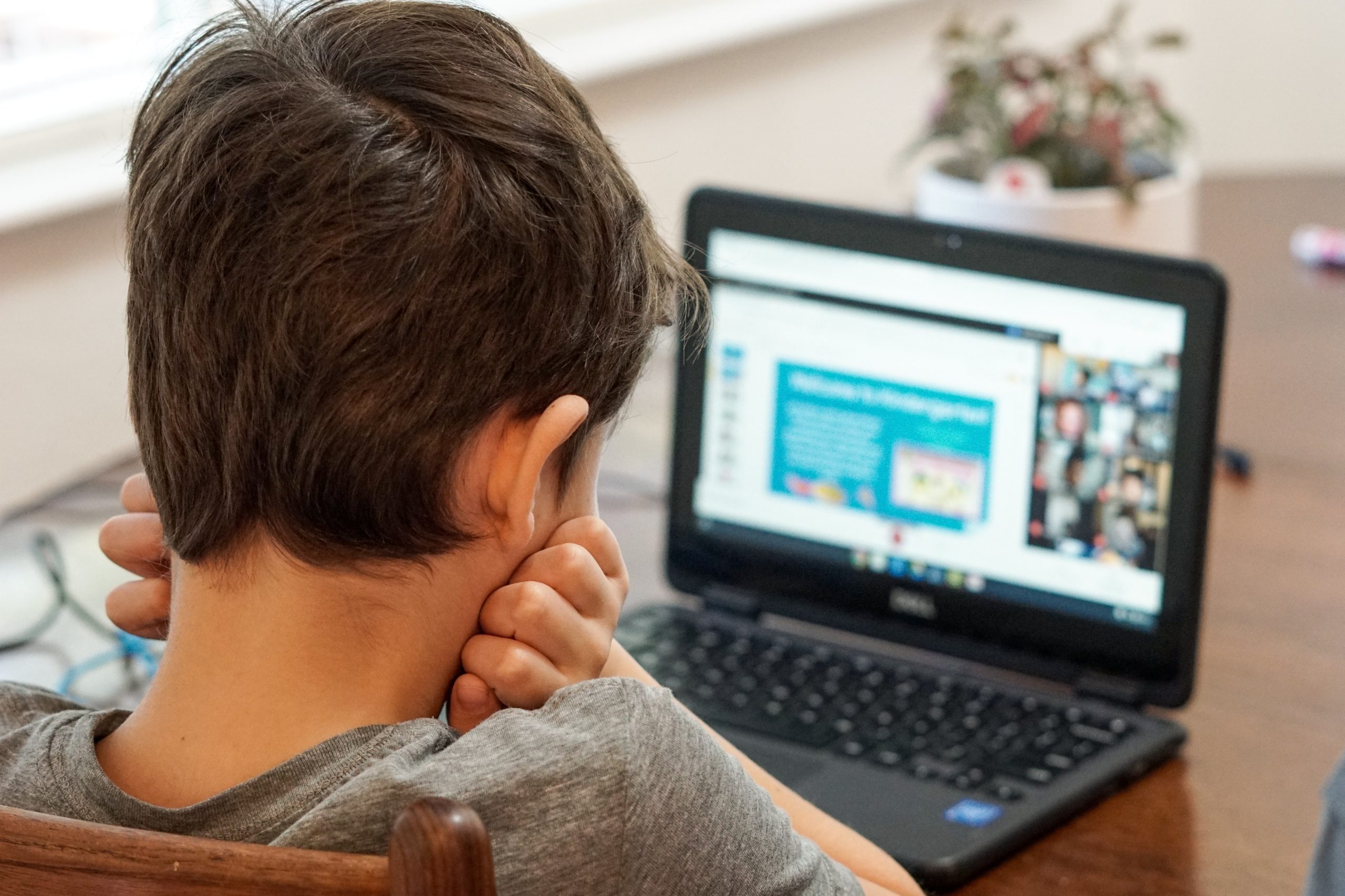Here are the top Internet Safety Tips for Kids & Parents. The internet has been embedded into nearly every aspect of our lives. It’s a place where you can connect with others, discover new concepts, and share your knowledge. However, although the internet may be useful, it also can be a dangerous place.
People often don’t think twice about what they do online. But did you know that, on average, internet hacks occur every 39 seconds? Hackers, cyberbullies, identity thieves, and online predators, all use the internet as a weapon for their attacks.
Dangers exist on the internet just as they do in the physical world, which is why it’s so important to take the necessary precautions when surfing the web. Below are some tips on how to stay safe online.
Use Secure Sites
This may sound simple, but you’d be surprised at how many people don’t check to see if they’re on a secure site. Using an unsecured site is like walking through a dark alleyway filled with thieves and muggers. They’re a gateway for hackers, identity theft, and viruses to steal your personal information and use it against you.
Secure sites encrypt your data before sending it over to the server, which helps protect your information from identity theft. Luckily most web browsers make it easier to tell if a site is secure or not. One of the easiest ways to spot whether a site is secure is by looking at your search bar. If you see a lock symbol or see the URL with HTTPS, then the site is secure. If you see an open lock or see that the URL starts with HTTP, then avoid using the site.
Some browsers, like Google, will also go the extra mile of giving you a full-page warning if a site has been flagged as unsafe. If you ever stumble upon a site like this, leave the site immediately. Get your kids in the habit of checking the security of their sites before use. It takes two seconds to check but will add a great deal of protection to your browsing.
Use Strong Passwords
Your password is your bodyguard. Unless you buy added security software, your password is the one thing that protects you from a thief.
Most hacks occur because of easy-to-guess passwords. According to Nordpass, the most common password in 2020 was “123456” and the second most common was “123456789.” Passwords like these are the equivalent of closing your front door but never locking it.
Take the time to craft a strong password for each of your accounts. When creating a password avoid using common words, personal information, and using the same password for every account. Instead, try to incorporate a mixture of numbers, words, and symbols in a unique order.
For kids and adults that have cell phones, consider a two-step authentication. This will add a high level of protection that’ll make your accounts harder to hack.
Set Accounts to Private
Social media continues to have a growing impact on kids and adults alike. It can be a great place to stay connected with friends and family, but is also, unfortunately, one of the most common places for online predators and cyberbullies to attack. Anyone that uses social media, unless they’re trying to be an influencer, should set their accounts to private. This will also help prevent any bullies and predators from talking to you or your child.
By switching your account from public to private, you’ll be able to select who can see your posts and who can communicate with you. When you get DM requests or follow requests, try to only accept those from people you know. This will help you and your family avoid any potential scams and unwanted interactions. If your child is young and uses social media, consider monitoring their account until they’re mature enough to navigate it alone.
Think Before You Post
Even if you have a private account, be sure to think before you post. Anything you post on the internet stays on the internet, forever. It’s easy to act out of emotion, but what you post could inhibit your future opportunities, image, and safety. Even if a post or a comment is deleted, there’s always a way to resurface them.
It can be easy for kids and adults alike to overshare on the internet, so make sure to look over what you’re posting before sharing it. Taking the extra time to think about what you say and post on the internet can save you from cyberbullying, hacks, and tainting your public image.
If someone ever posts unwanted pictures or videos of you or your family, take action to get them removed. Although the file will still be on the internet, it’ll be hidden away from the public eye.
Safeguard Your Technology
Treat your technology as if they were a wallet or a purse. Your computer and phone carry so much valuable personal information that could easily be used against you. Things like credit card information, identification numbers, passwords, work information, and more are all held on your laptop and phone.
Even if you’re just going to the bathroom, avoid leaving your technology unattended. Doing so will not only get your devices stolen but put you at major security risks. If your devices are unsupervised, make sure to shut them down. This will protect you from strangers using your device and accessing confidential information.
Monitor Your Accounts
Whether you believe you were hacked or not, it’s always wise to monitor your accounts. One of the best places to see if you got hacked is your email. Many account services such as Gmail, Instagram, and others send you a notification if there’s a suspicious login.
Another way to know if someone has stolen your information is by checking your credit score. Identity theft involves using your personal information to gain an economic advantage. This can cause you to go into massive debt and deplete your credit score immensely. This type of attack is especially harmful to any future financial goals, such as buying a house or applying for credit, since loans, like mortgages, have credit score requirements that are hard to meet if your score is severely damaged.
Your personal information mustn’t be accessible to the public. To see what information about you has been shared on the internet, have each of your family members Google themselves. If personal information such as phone numbers, email addresses, or home addresses come up, talk to the website it’s being shared on to get them removed immediately. Monitoring your accounts can be a great way to put a stop to any occurring damage early on.
Final Thoughts:
With new advancements in technology, our lives are becoming more interconnected with the internet. Although the internet can be a dangerous place, it’s what keeps this world moving forward. It’s more crucial than ever that we instill these positive internet safety tips in our everyday lives. Just like in the real world, it’s important to take the necessary precautions to help ensure your family’s safety.
























Lascia un commento